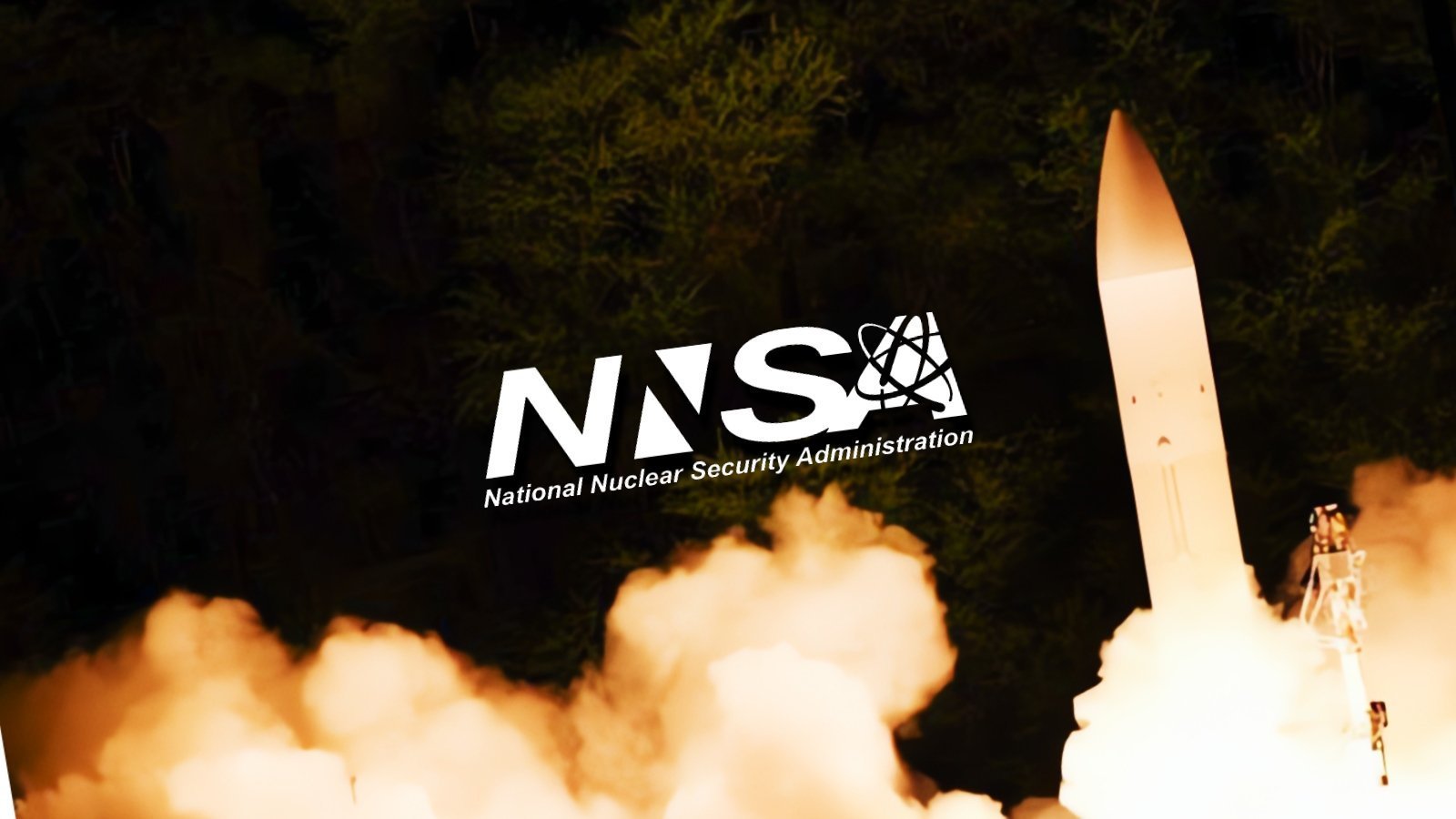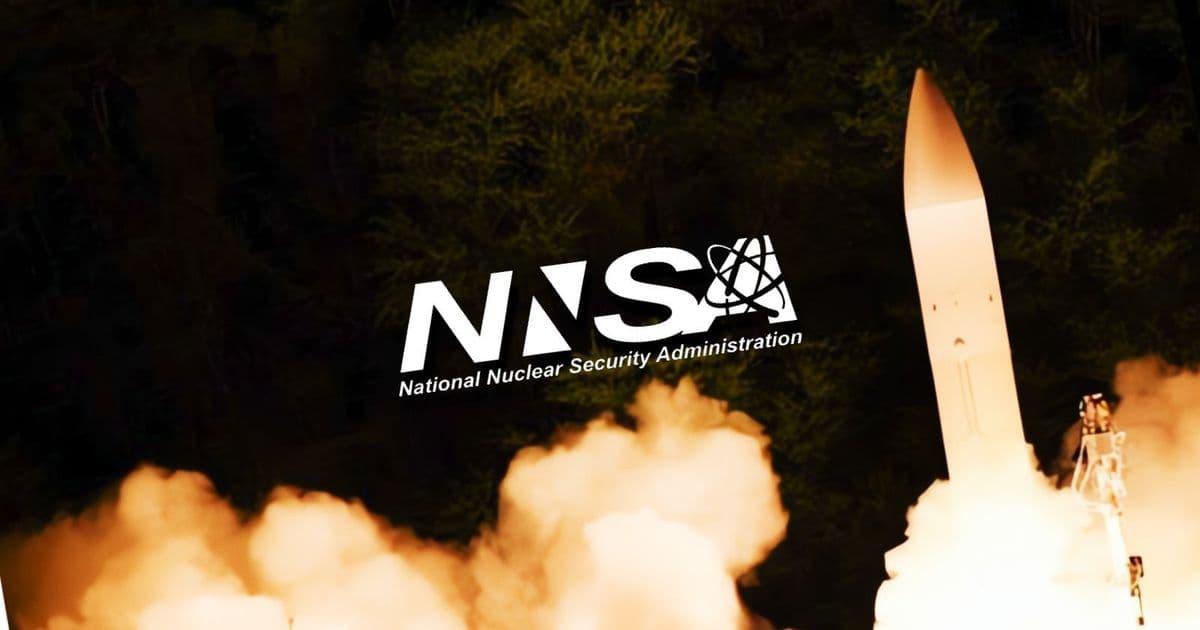The National Nuclear Security Administration, responsible for America's nuclear arsenal, was compromised via a critical Microsoft SharePoint vulnerability chain. While no classified data was accessed, the attack highlights escalating threats to critical infrastructure from state-sponsored groups. Over 400 servers globally have been infected in this coordinated campaign.

In a stark reminder of persistent cyber threats to national security, the U.S. National Nuclear Security Administration (NNSA) confirmed last week that its networks were breached by hackers exploiting a recently patched Microsoft SharePoint zero-day vulnerability chain. The NNSA, a semi-autonomous agency under the Department of Energy tasked with maintaining America's nuclear weapons stockpile and responding to radiological emergencies, described the incident as "minimally impactful" due to its cloud-first defenses. A spokesperson stated:
"The department was minimally impacted due to its widespread use of the Microsoft M365 cloud and very capable cybersecurity systems. Only a very small number of systems were impacted, and all are being restored."
No sensitive or classified information is believed compromised, but the breach echoes the agency's 2019 infiltration by Russia's APT29 group via the SolarWinds attack—underscoring its high-value status for foreign adversaries.
The ToolShell Vulnerability Chain
Microsoft and Google attributed the attacks to Chinese state-sponsored groups, specifically naming Linen Typhoon and Violet Typhoon, with another actor (Storm-2603) also exploiting the flaws. The vulnerability chain, tracked as CVE-2025-53770, enables remote code execution (RCE) on internet-facing SharePoint servers. Dubbed ToolShell, it was added to CISA's Known Exploited Vulnerabilities catalog, mandating federal agencies to patch within 24 hours.
Dutch firm Eye Security first detected active exploitation on July 18, initially reporting 54 compromised entities, including governments and multinationals. That number has since surged.
"According to our statistics, threat actors have infected at least 400 servers and breached 148 organizations worldwide," said Eye Security CTO Piet Kerkhofs.
Check Point Research traced attacks back to July 7, targeting sectors like government, telecom, and tech across North America and Western Europe.
Strategic Implications
This incident reveals three critical trends:
- Supply Chain Risks Persist: Like SolarWinds, SharePoint—a ubiquitous collaboration tool—became a vector for breaching high-security environments.
- Patching Velocity is Critical: The NNSA’s cloud-centric architecture limited damage, but many organizations lacked immediate mitigations before patches arrived.
- Geopolitical Cyber Warfare Intensifies: China-linked groups aggressively targeting nuclear infrastructure signals escalating state-sponsored aggression.
While the NNSA averted catastrophe this time, the sheer scale of the ToolShell campaign—hundreds of servers hijacked before most victims realized their exposure—serves as a chilling benchmark. As nation-states weaponize commonplace software, the line between civilian infrastructure and national defense grows ever thinner.
Source: BleepingComputer

Comments
Please log in or register to join the discussion